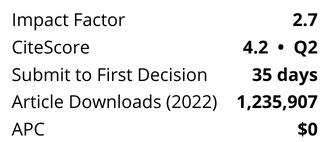We succeeded in the isolation of a phosphate removing bacterium which takes up casamino acids while releasing phosphate anaerobically and takes up phosphate aerobically. The function of excess phosphate accumulation was induced by alternating anaerobic incubation with organic substrates and aerobic incubation without organic substrates. The following physiological characteristics were shown by further investigation. (1) The presence of casamino acids in aerobic incubation did not inhibit greatly the induction of excess phosphate accumulation, but suppressed the uptake of phosphate because the cells take up casamino acids using the energy produced by the hydrolysis of polyphosphate even in aerobic conditions. (2) Within one hour in anaerobic conditions the cells had taken up casamino acids to as much as 25% of the cell dry weight and the rate of ammonium excretion was small against that in oxidative metabolism. In anaerobic conditions the synthesis of DNA did not occur and the ratio of excreted phosphorus to removed glutamic acid was about 0.5 M/M. This value is very small against that required for the polymerization of the substrate. Therefore a large amount of low molecular weight material, such as amino acids, seems to be accumulated in the cells.
Skip Nav Destination
Article navigation
Research Article|
September 01 1994
Some physiological characteristics of a phosphate removing bacterium isolated from anaerobic/aerobic activated sludge
Water Sci Technol (1994) 30 (6): 229–235.
Citation
Y. Ubukata; Some physiological characteristics of a phosphate removing bacterium isolated from anaerobic/aerobic activated sludge. Water Sci Technol 1 September 1994; 30 (6): 229–235. doi: https://doi.org/10.2166/wst.1994.0273
Download citation file:
Sign in
Don't already have an account? Register
Client Account
You could not be signed in. Please check your email address / username and password and try again.
Could not validate captcha. Please try again.
eBook
Pay-Per-View Access
$38.00




%20cropped.png?versionId=5945)